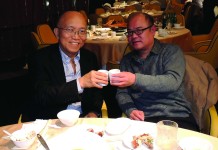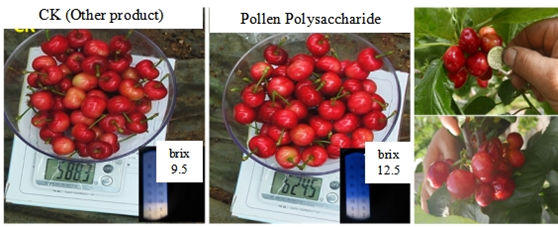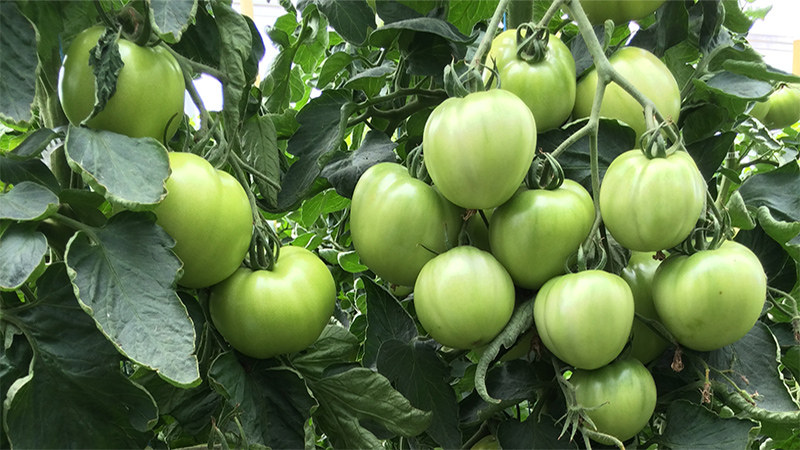Sourcing Generic Agchem Products From China

Editor’s note: This is part one of a two-part series. Watch for part two in the June issue of Farm Chemicals International.
Over the past 15 to 20 years, the quality and purity of Chinese-made generic technical grade agchem products have improved significantly. The days when products came contaminated with all sorts of non-chemical objects such as nuts, bolts, screws, black particles, brooms, cloth material and sand is now, by and large, history. (When nuts and bolts were found as part of the product, I used to tell people that they had over-paid for the purchase since part of the plant came with it!) This has been achieved mostly through old and dilapidated plants built in the pre-privatization era making way for new and modern ones located in chemical industrial zones and also adopting more stringent production control practices. However, getting chemical impurities down to levels demanded by developed country-markets remains a challenge for many plants. For others, producing products of high-purity levels and doing it consistently remains elusive.
For the past 10 years or so, many plants have started to value-add and offer formulated products instead of just exporting technical-grade products. This is reflected by the phenomenal increase in exports of formulated products of a variety of formulation types and not just exporting the old EC and WP formulations. In 2011, for the first time, the export of formulated products (750,000 tons) exceeded that of technical-grade products (670,000 tons). The availability of adjuvants from multinational companies with plants located in China has certainly been a major contributing factor. In some cases, these suppliers offering technical services along with their adjuvant products have accelerated the advancement of the Chinese in coming up with better and more sophisticated formulations.
Having come thus far, many plants are still unable to produce quality products, especially formulated, with consistency. Why is that so? I think it is mainly the challenge of changing mindsets. For a plant that has been producing technical-grade products for years that now tries to use the same facilities and manpower to produce formulations, old practices die hard. Technical-grade products could be produced day in and day out at levels of hundreds and thousands of metric tons annually. These are quality-controlled and then bagged off for exports.
Now, the demand for each active ingredient, individual formulation type, pack size or packaging type is significantly smaller per order or per shipment. The shop floor staff must deal with a significantly higher level of detail and diligence. This is where the issue lies. They simply cannot adapt and cope with such a phenomenal change needed in their production operations. The higher staff turnover during the past few years due to demand for experienced personnel only adds to the difficulties in achieving smooth, orderly production of formulated products, which require much closer attention to detail than making technical.
Needless to say, technical-grade product manufacturers will have to revamp staff and even management, as well as mindsets and shop floor production practices, before they can produce formulated products of high quality consistently. This needs to be clearly demonstrated before overseas buyers from more sophisticated, and hence higher-value, markets will dare to accept formulated products from China. To put things in perspective, the recent years’ phenomenal increase in exports of formulated products are mainly to developing countries and not to the higher-value developed countries, which still prefer to purchase technical-grade products.
Whether the dedicated formulators in China will rise to the occasion and fill this gap of the technical-grade product manufacturers remains to be seen. Obviously, in these dedicated formulation plants, they do not have the mindset constraints of the technical manufacturers, since their entire operations are dedicated to formulating and exporting formulated products. But then, typically, such a dedicated formulator makes many products and formulation types which tend to scare buyers from sophisticated, high-value markets away. They are afraid of potential cross-contamination. On top of that, most of them have capacity issues per formulation type or per packaging type.
Most of these formulation plants will have a tough time passing the plant audits of these large and sophisticated buyers. Having said that, some plants are already audited and are in fact producing formulations for the MNCs, especially those operating and selling in the Chinese domestic market. The day these MNCs ship formulated products from Chinese plants back to their developed country-markets in a significant way and of the more sophisticated formulation types will mark the true success of exports of Chinese-formulated agchem products.
The Fundamentals of Product Sourcing
Given the stage of the current development of the Chinese generic pesticide industry, with over 2,000 plants involved in the production of technical-grade and formulated products, it is not an easy task for any foreign buyer to sort out which ones are good and reliable. The capabilities of these 2,000-plus plants vary significantly.
In addition, the fact that every one of them has a laundry list of products on offer does not make it easy to determine which products or formulations each is actually good at producing. Plant visits are a must before buying anything but then, which plants would one choose to visit? It is a daunting task, no doubt.
Most buyers never get beyond a look-see plant visit, prior to or after the Agrochemex or CAC conferences, if they do make the time to visit. Time is a key resource as China is a big country and it takes a lot of time to travel from one plant to another. But, one of the fundamentals of generic agchem product sourcing is indeed the execution of a plant audit. How many of the buyers have the capability and knowledge to conduct a plant audit?






